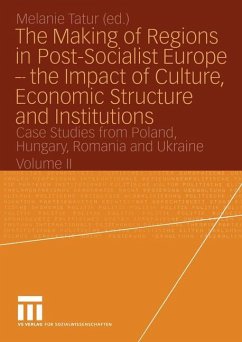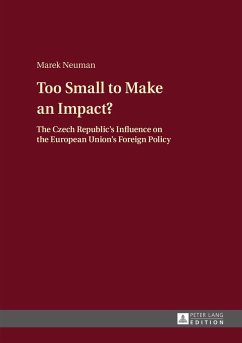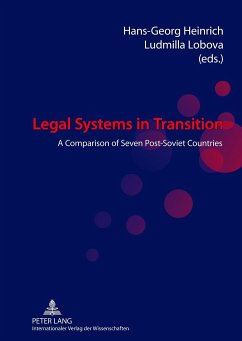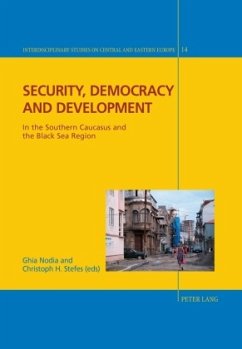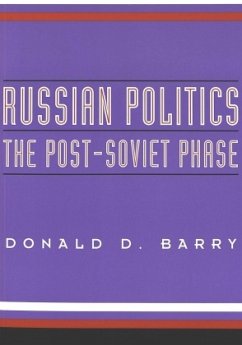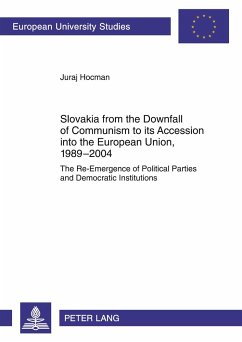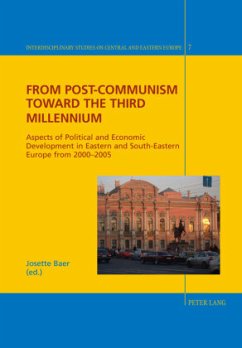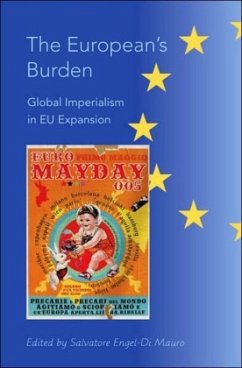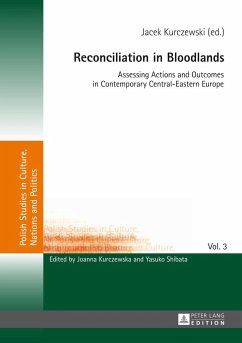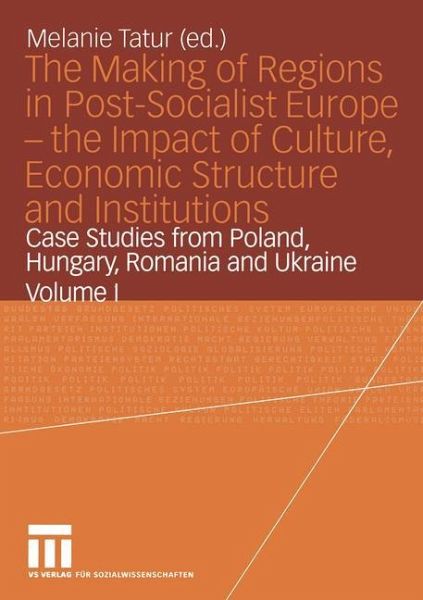
The Making of Regions in Post-Socialist Europe - the Impact of Culture, Economic Structure and Institutions
Case Studies from Poland, Hungary, Romania and Ukraine Volume I
Herausgegeben: Tatur, Melanie

PAYBACK Punkte
20 °P sammeln!
1 Research Idea: History and Regional Diversity Post-socialist societies in Europe can be assigned to three "historical regions" (Sziicz 1990) corresponding to their path of historical development. (1) The "East" was shaped by the patrimonial Muscovite state (Pipes 1977) and an estate agriculture with archaic structures at its base (Shanin 1985). The "westernisation" of Russia that began with Peter I exposed the country to western knowledge and education. However, the modernisation of state and society remained limited. The "rationalisation" of the state (Lotman 1997) systematised the administ...
1 Research Idea: History and Regional Diversity Post-socialist societies in Europe can be assigned to three "historical regions" (Sziicz 1990) corresponding to their path of historical development. (1) The "East" was shaped by the patrimonial Muscovite state (Pipes 1977) and an estate agriculture with archaic structures at its base (Shanin 1985). The "westernisation" of Russia that began with Peter I exposed the country to western knowledge and education. However, the modernisation of state and society remained limited. The "rationalisation" of the state (Lotman 1997) systematised the administrative structure but did not change the core rules of power, that is to say autocracy and patrimonial bureaucracy. At the same time "modernising" reforms built the state on the basis of feudal eco nomic relations. It thus blocked the expansion of both universalistic control and market mechanisms. The commodification of production and of labour th was launched as late as the last third of the19 century. It was stopped by the socialist revolution. The communist elites made use of western technology and science, as well as the institutional and cultural resources of traditional Russia, in order to stabilise their rule and to industrialise the country. The violent breaks of War Communism and Stalinist mobilisation dismantled the traditional institutions of the state, the nobility, the intelligentsia, and peasant society.





